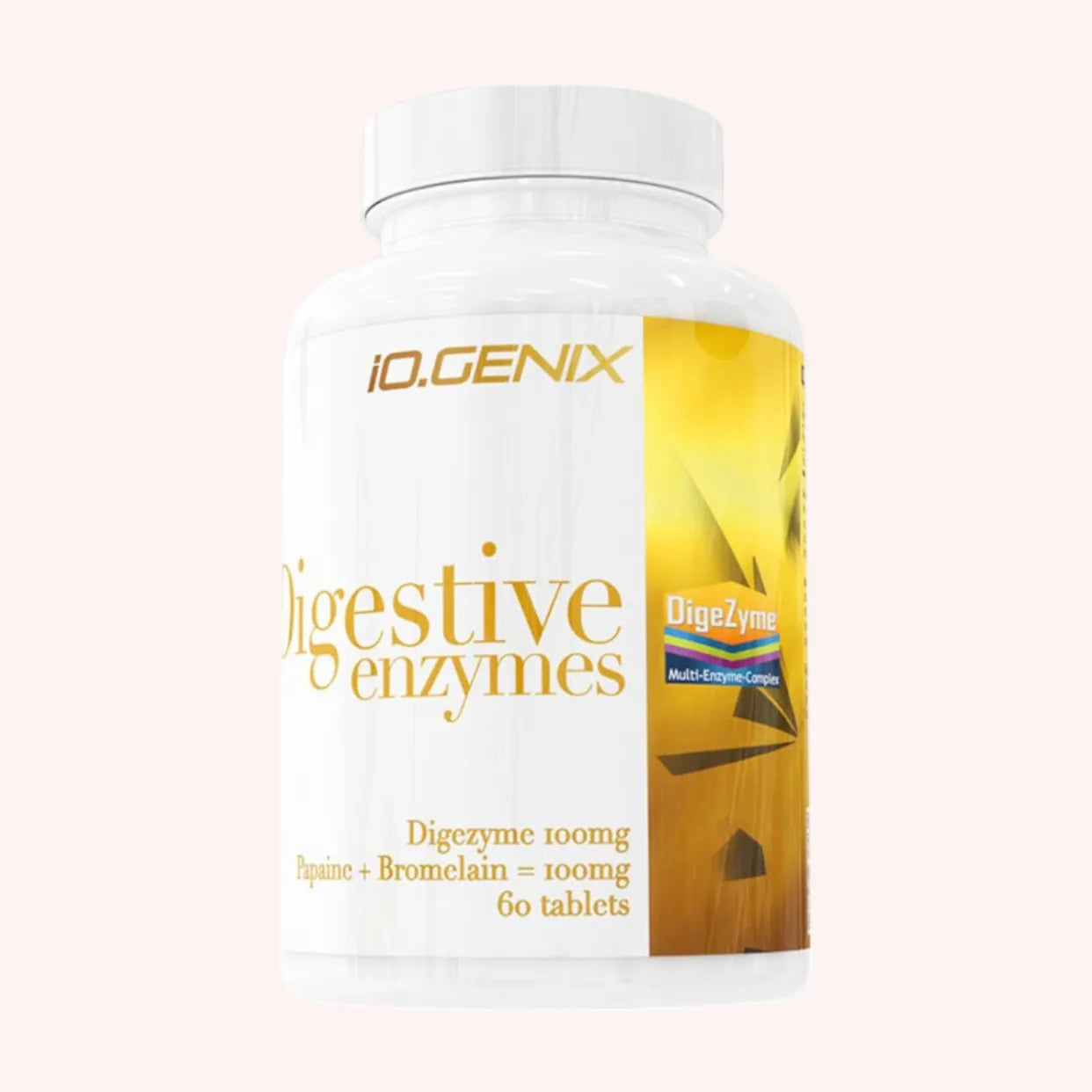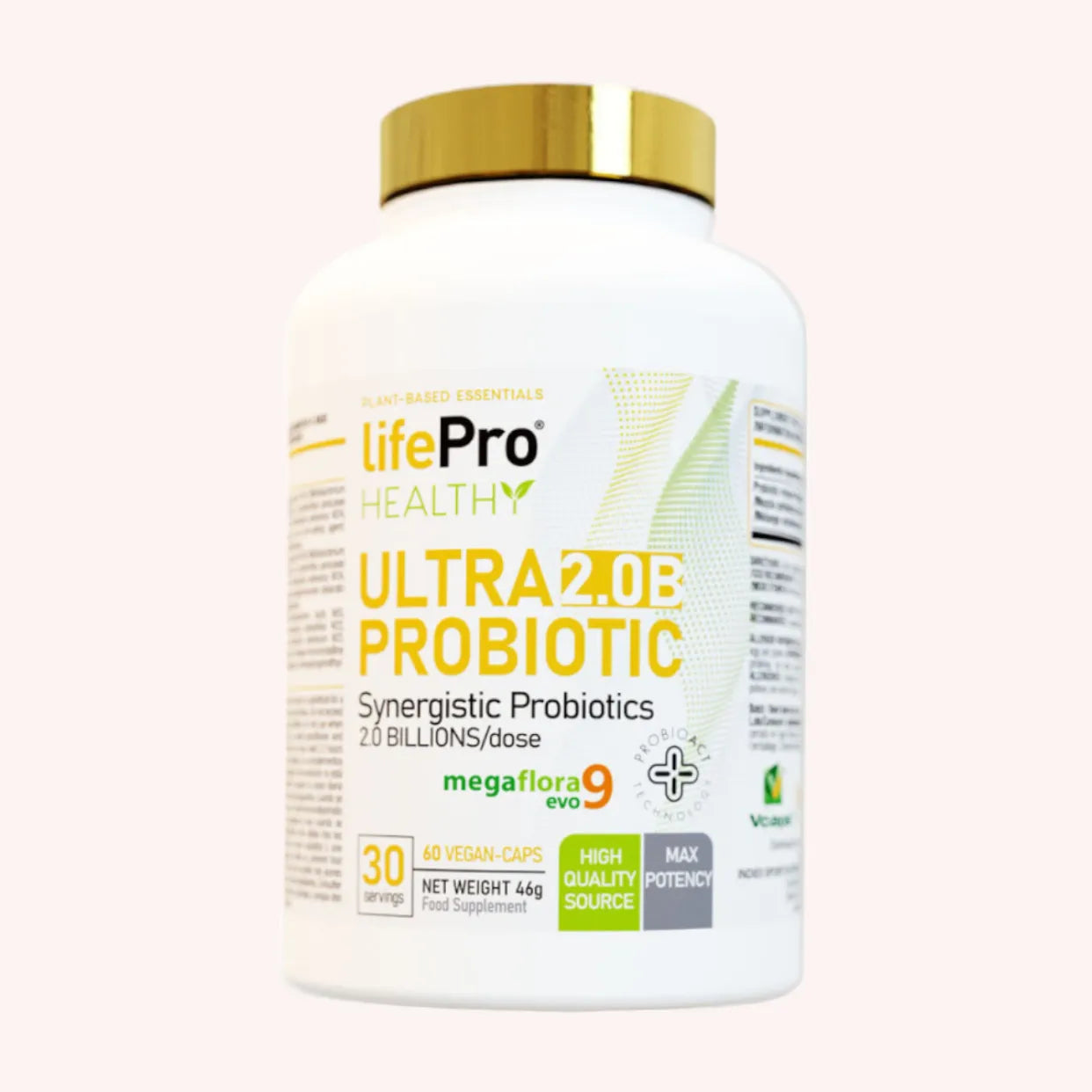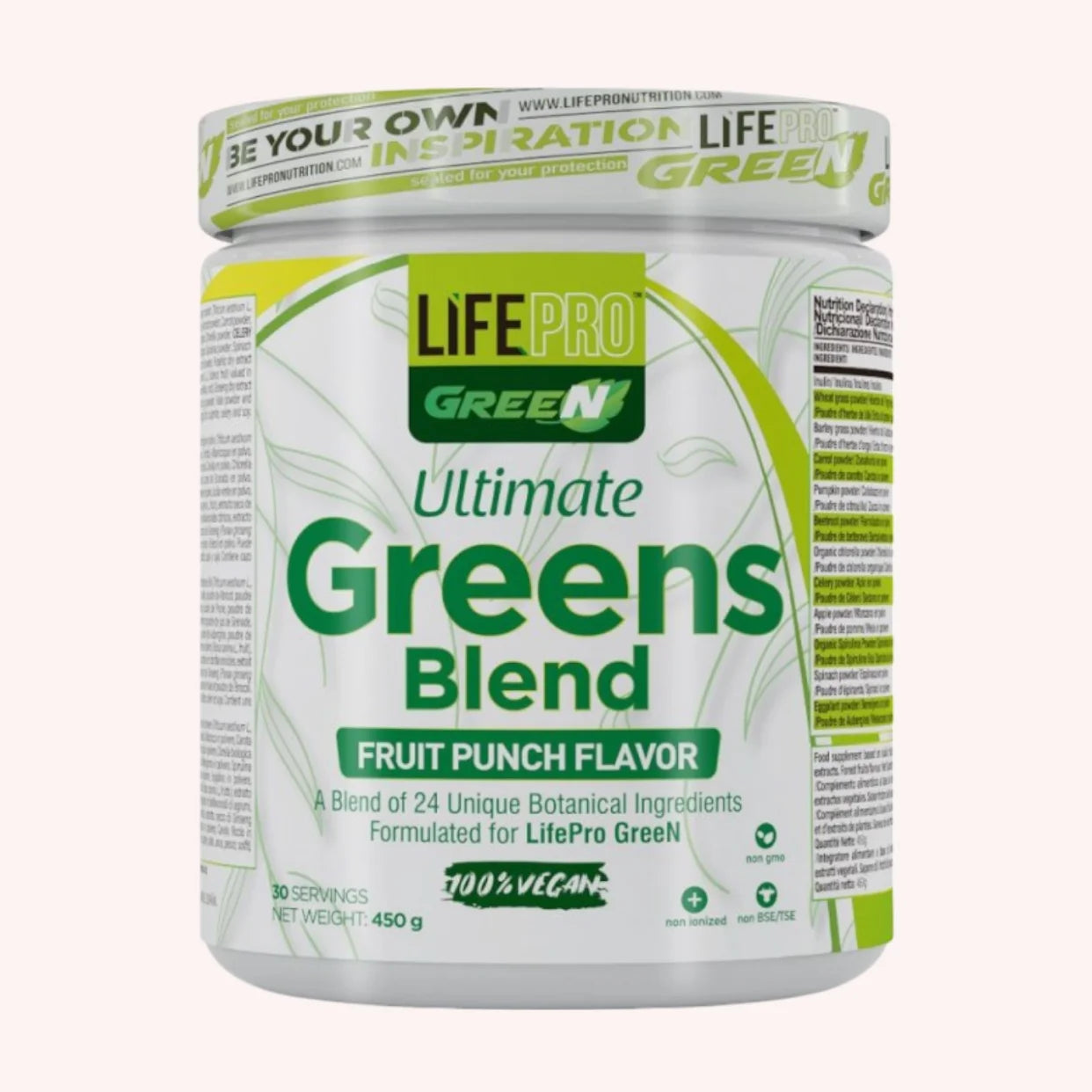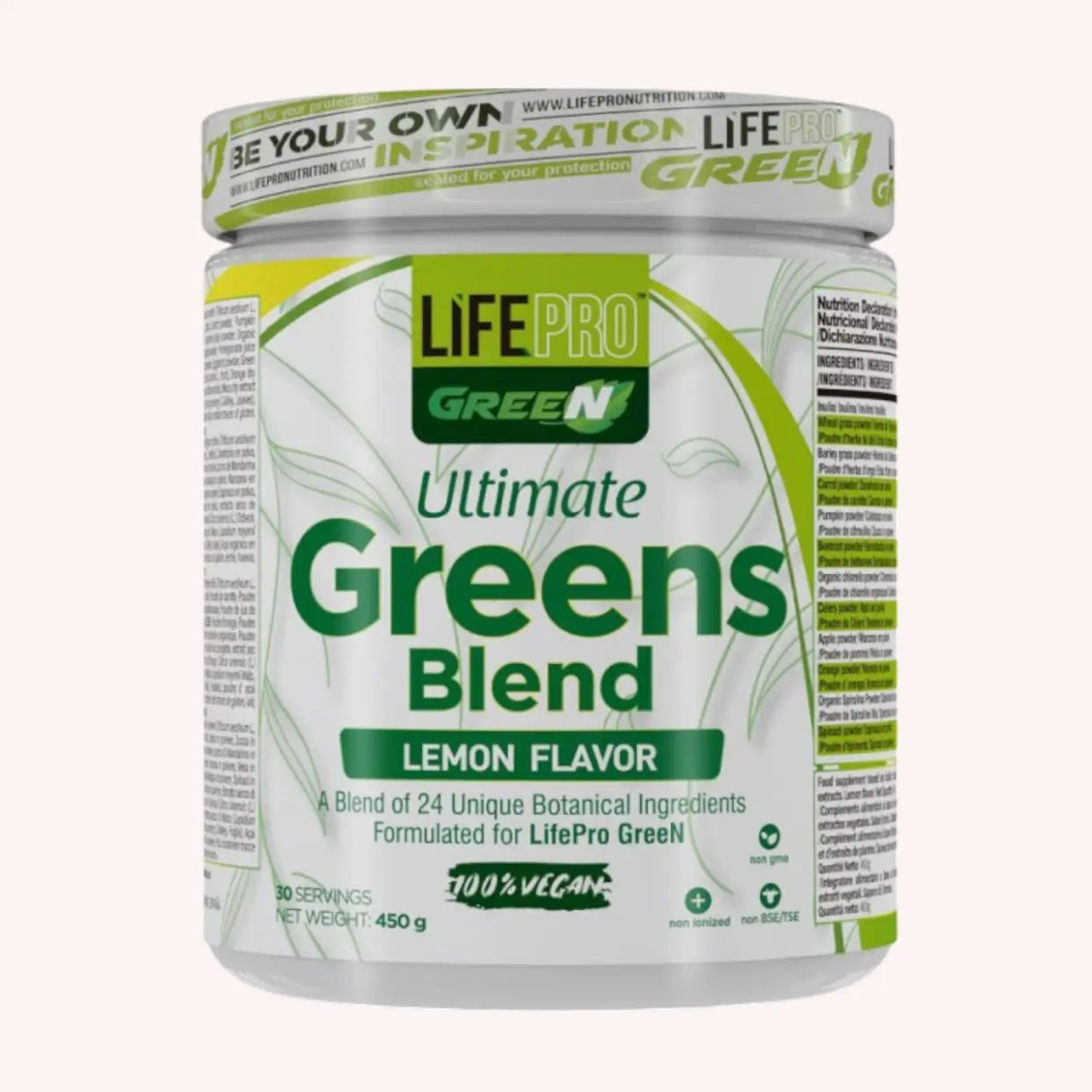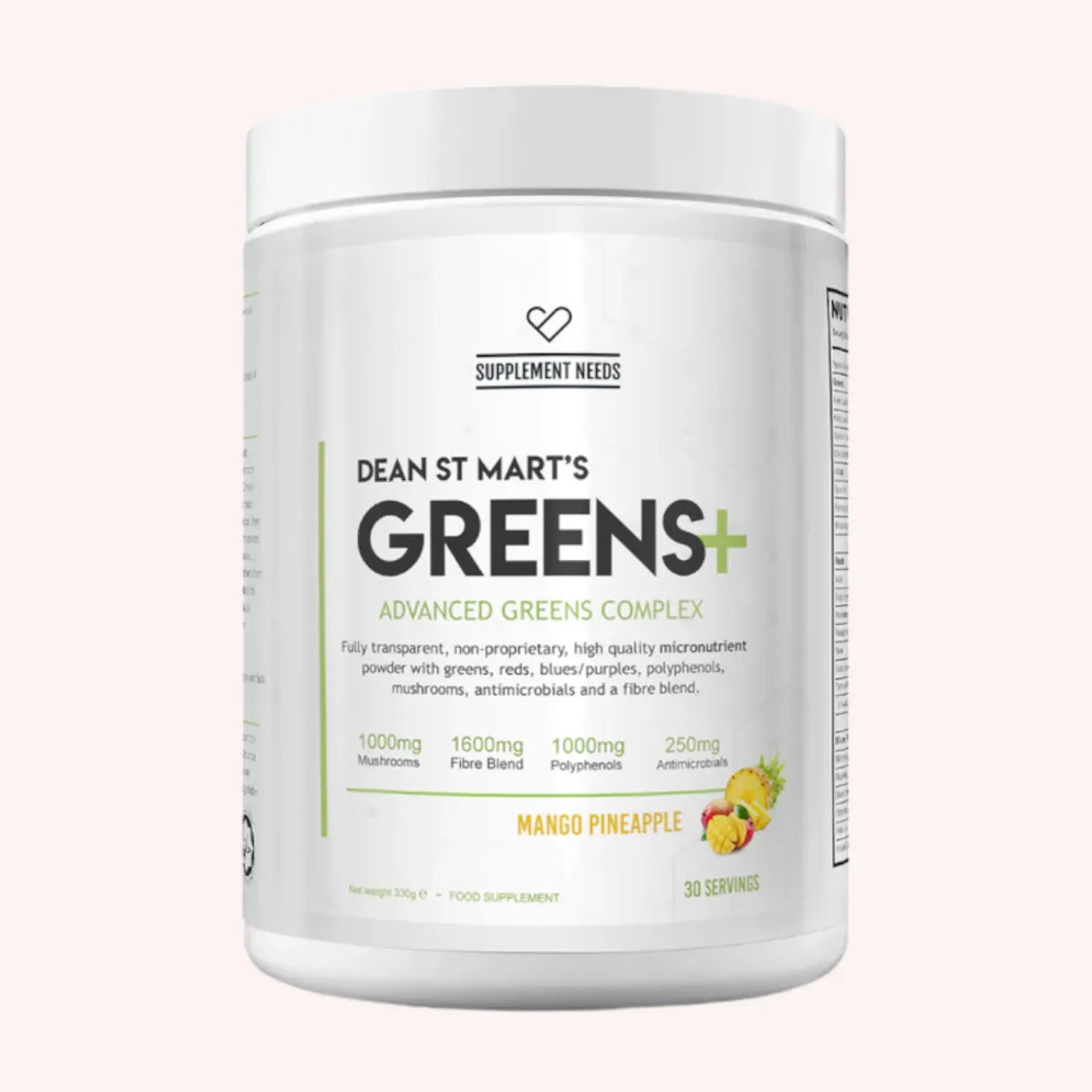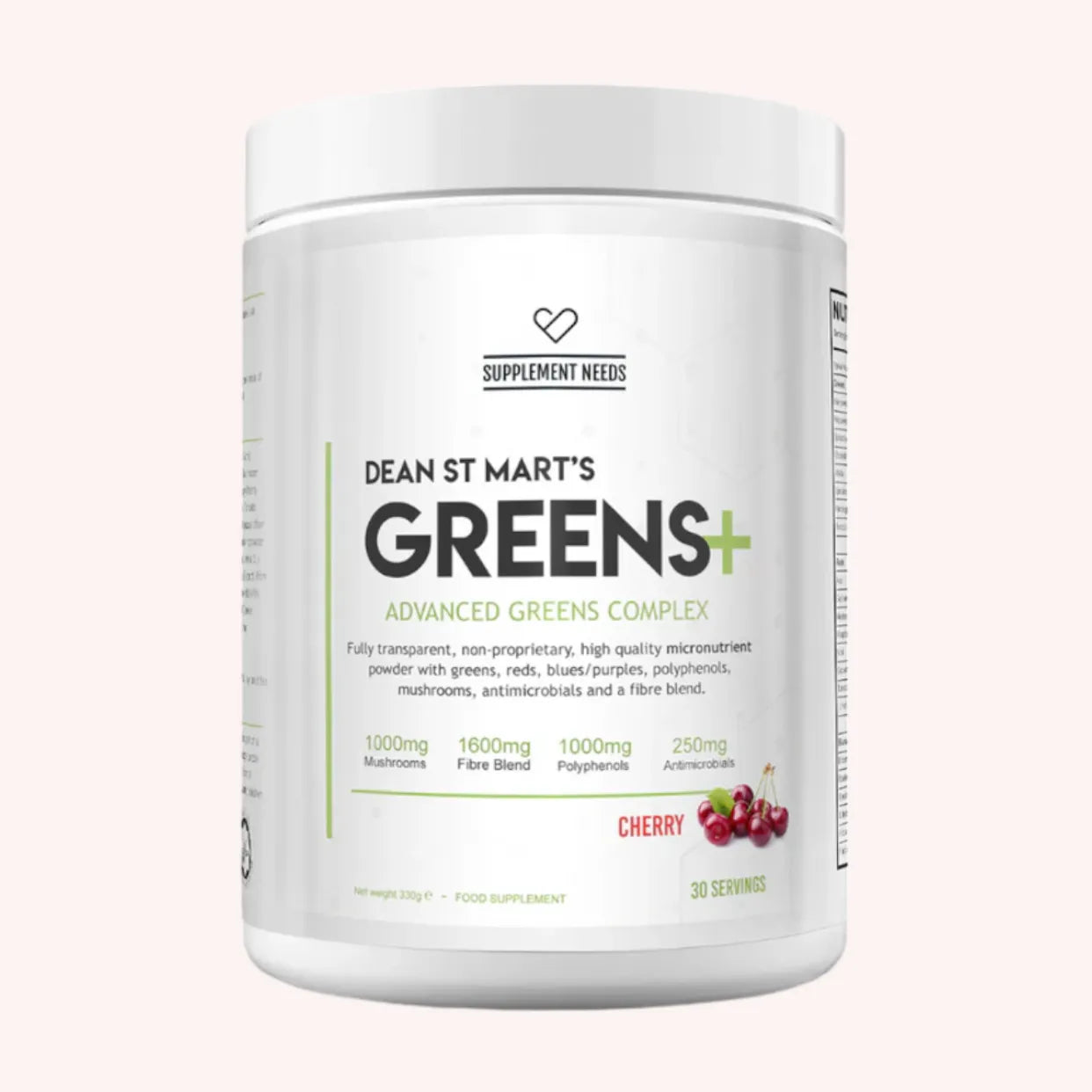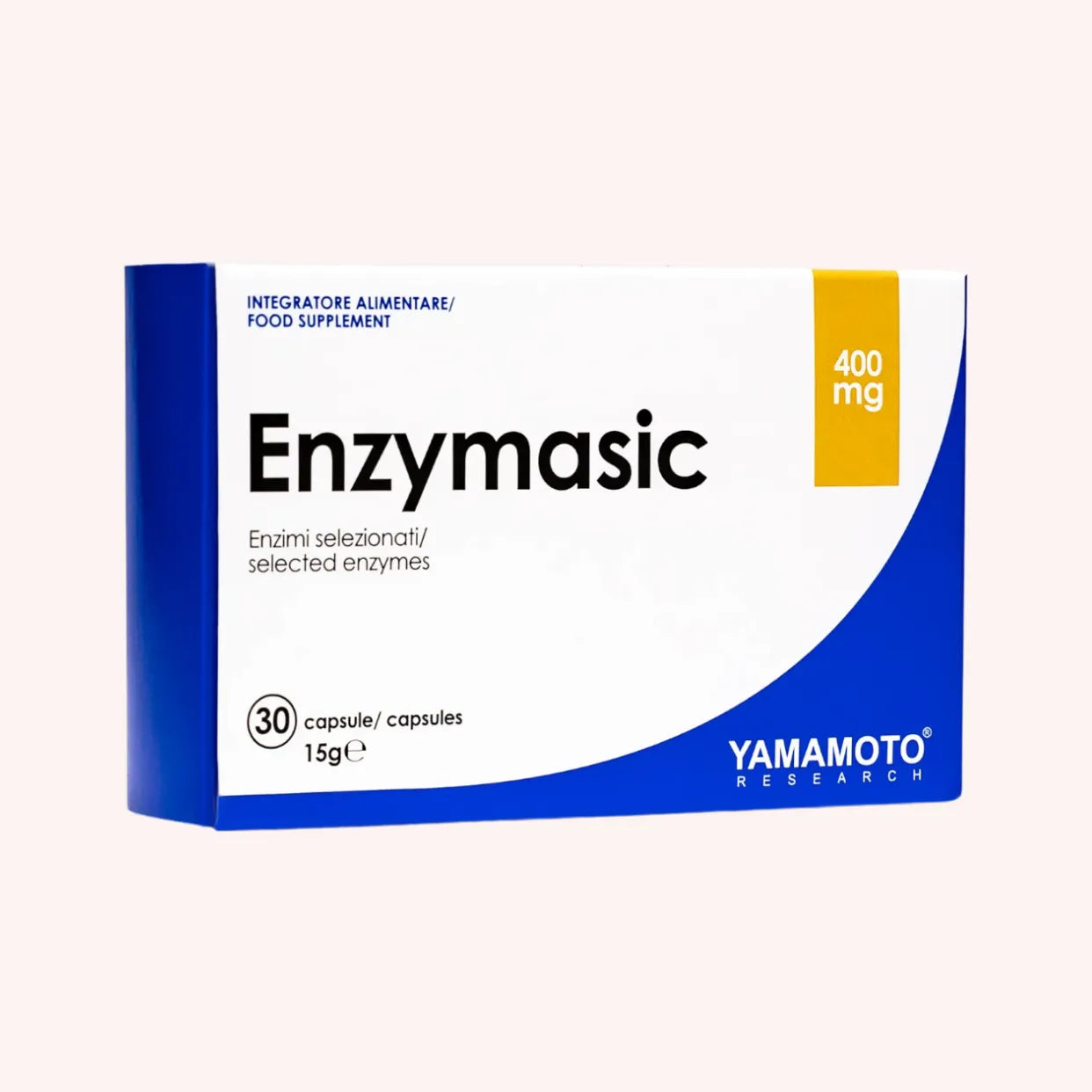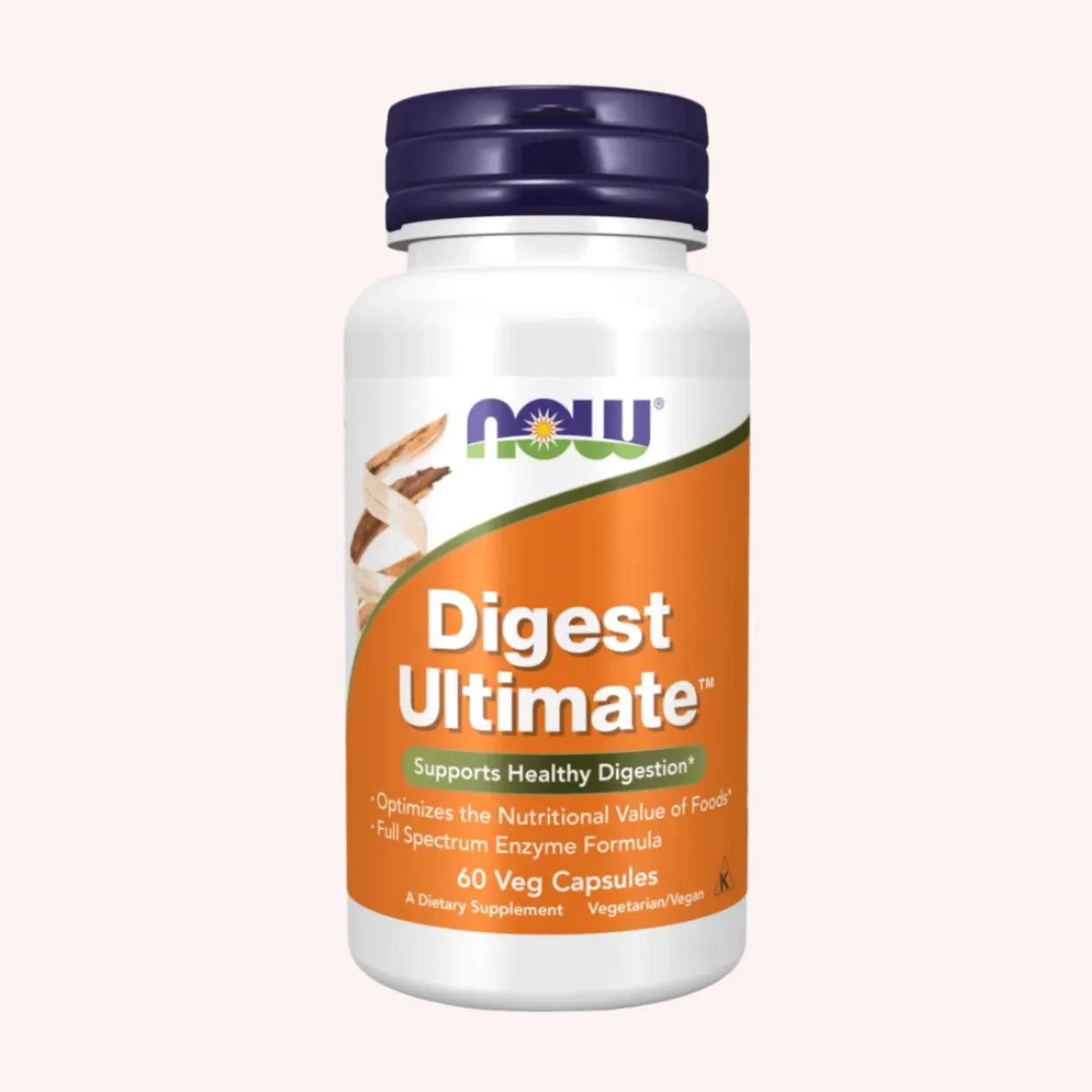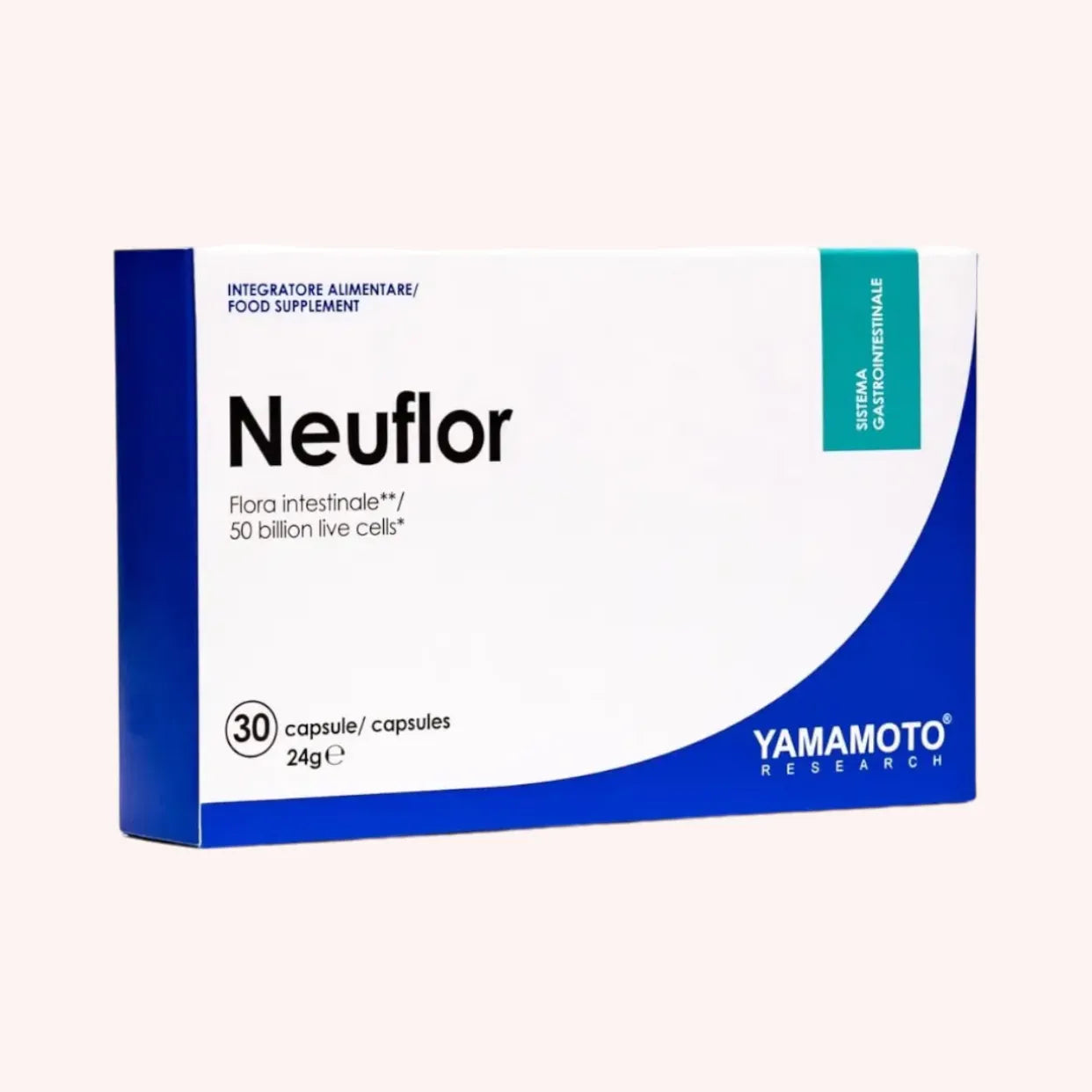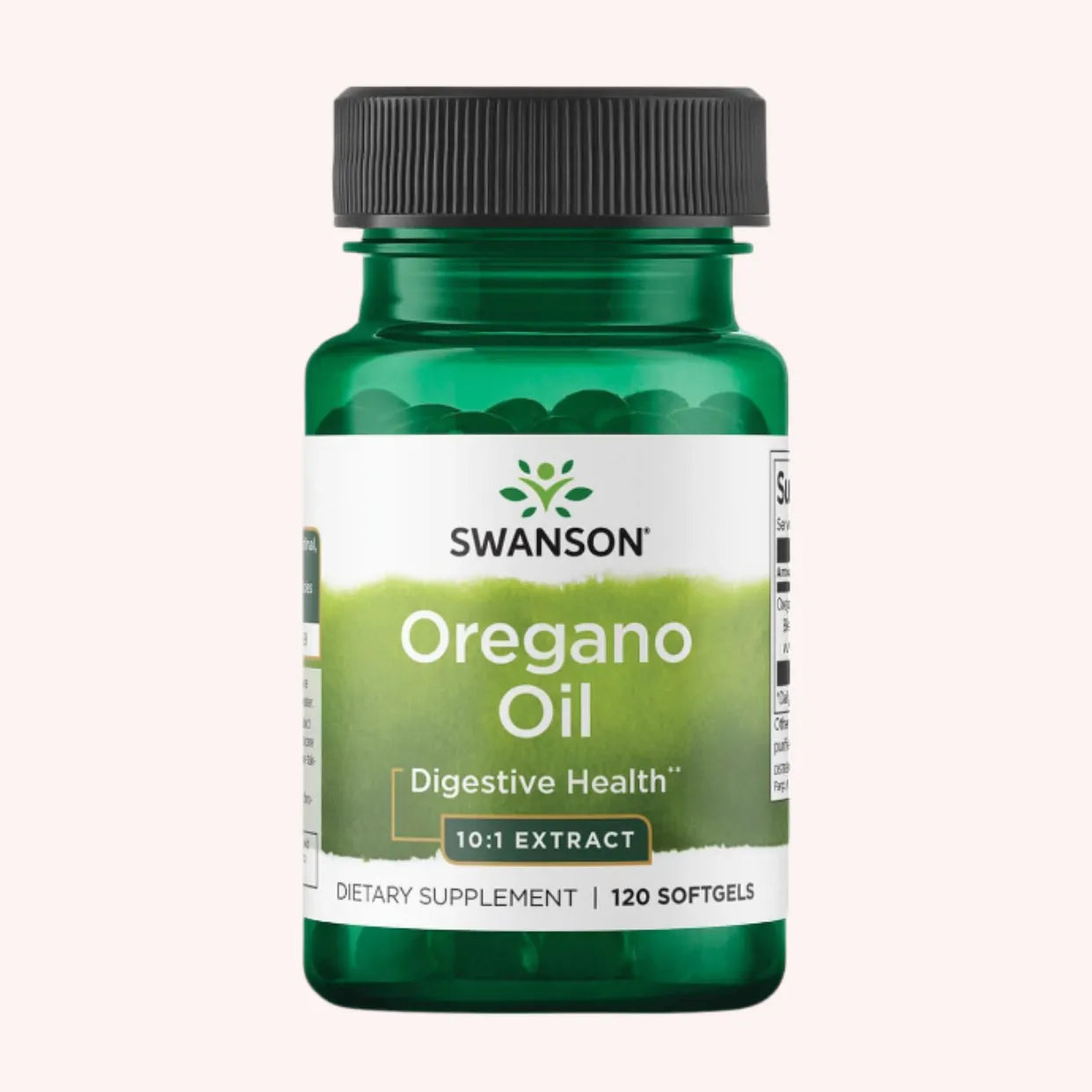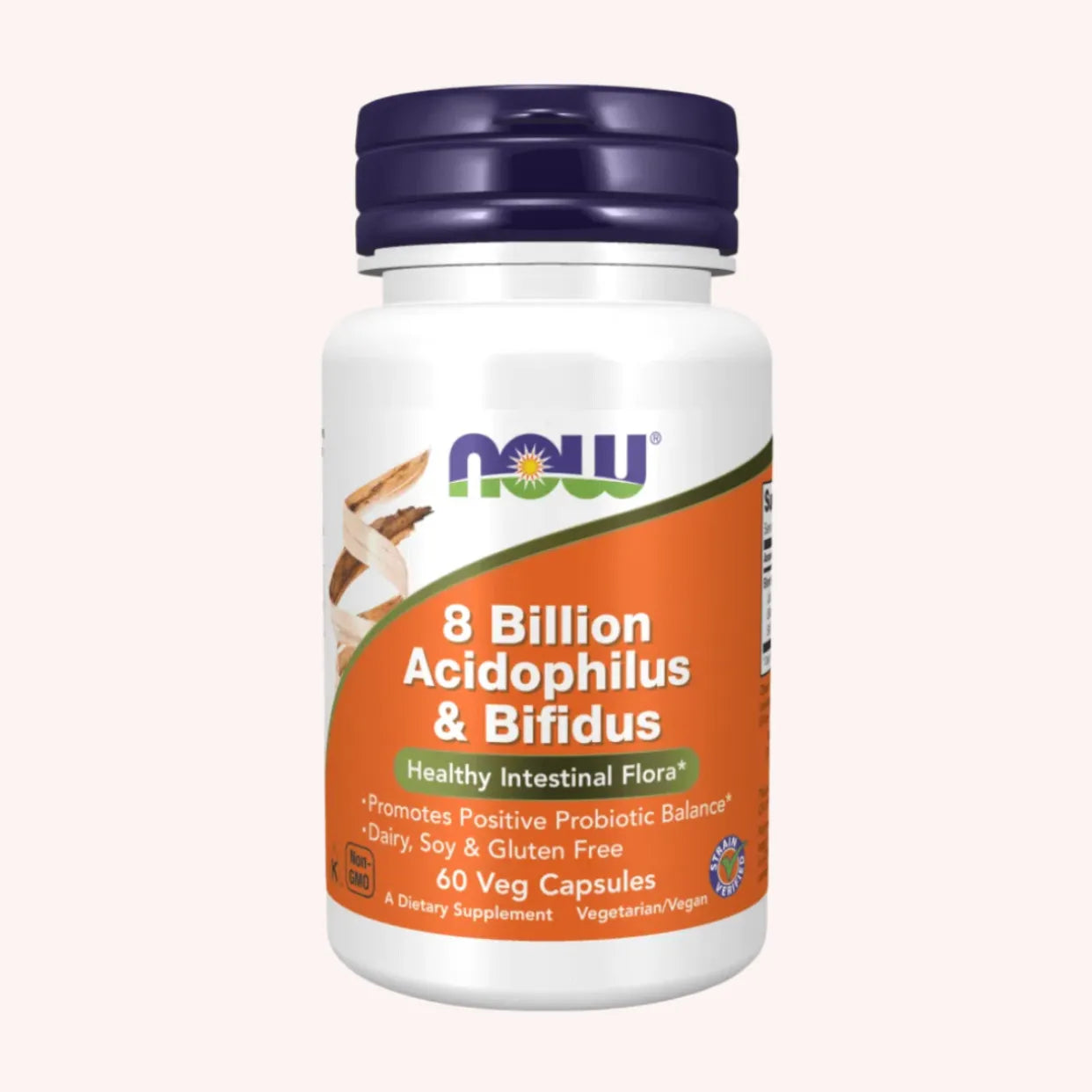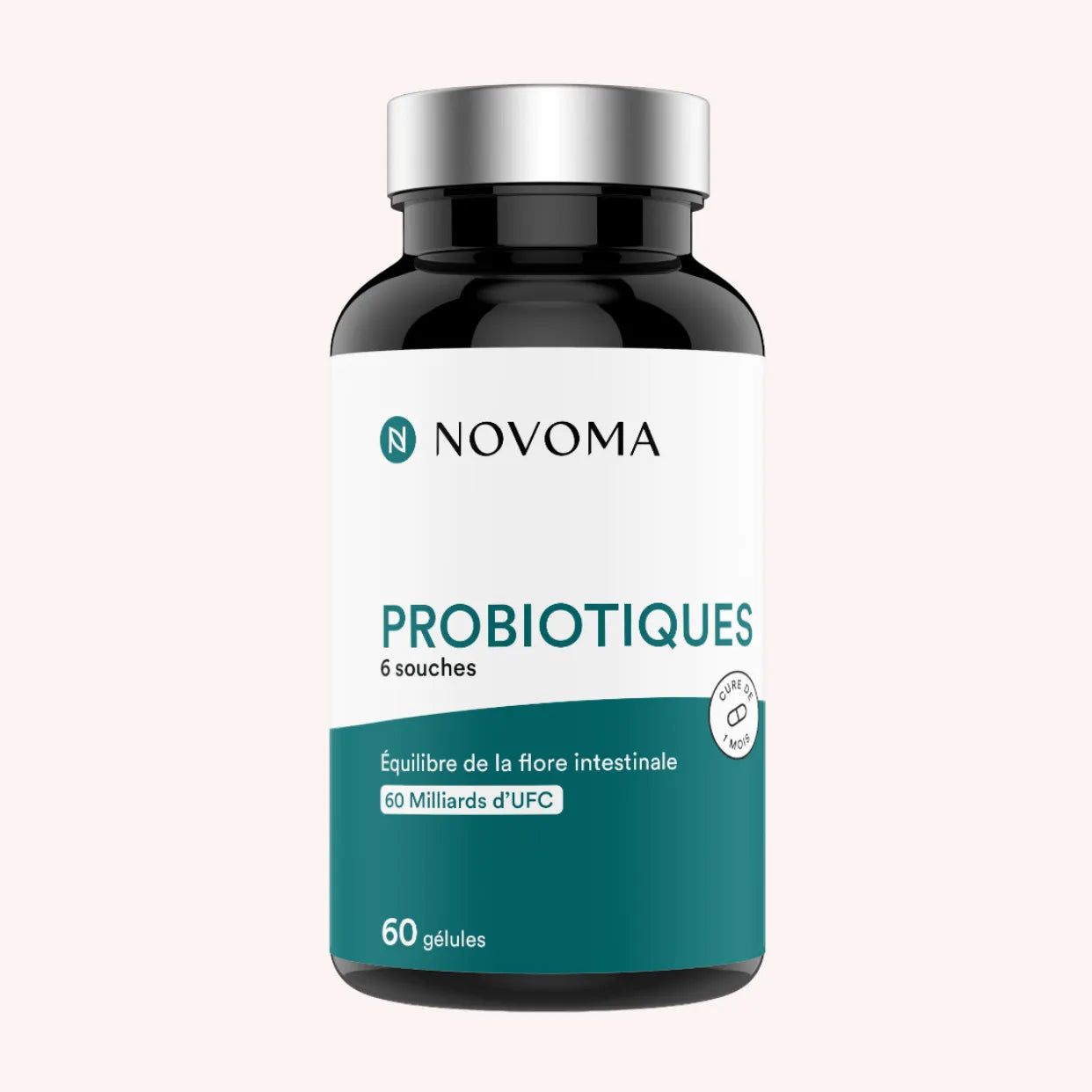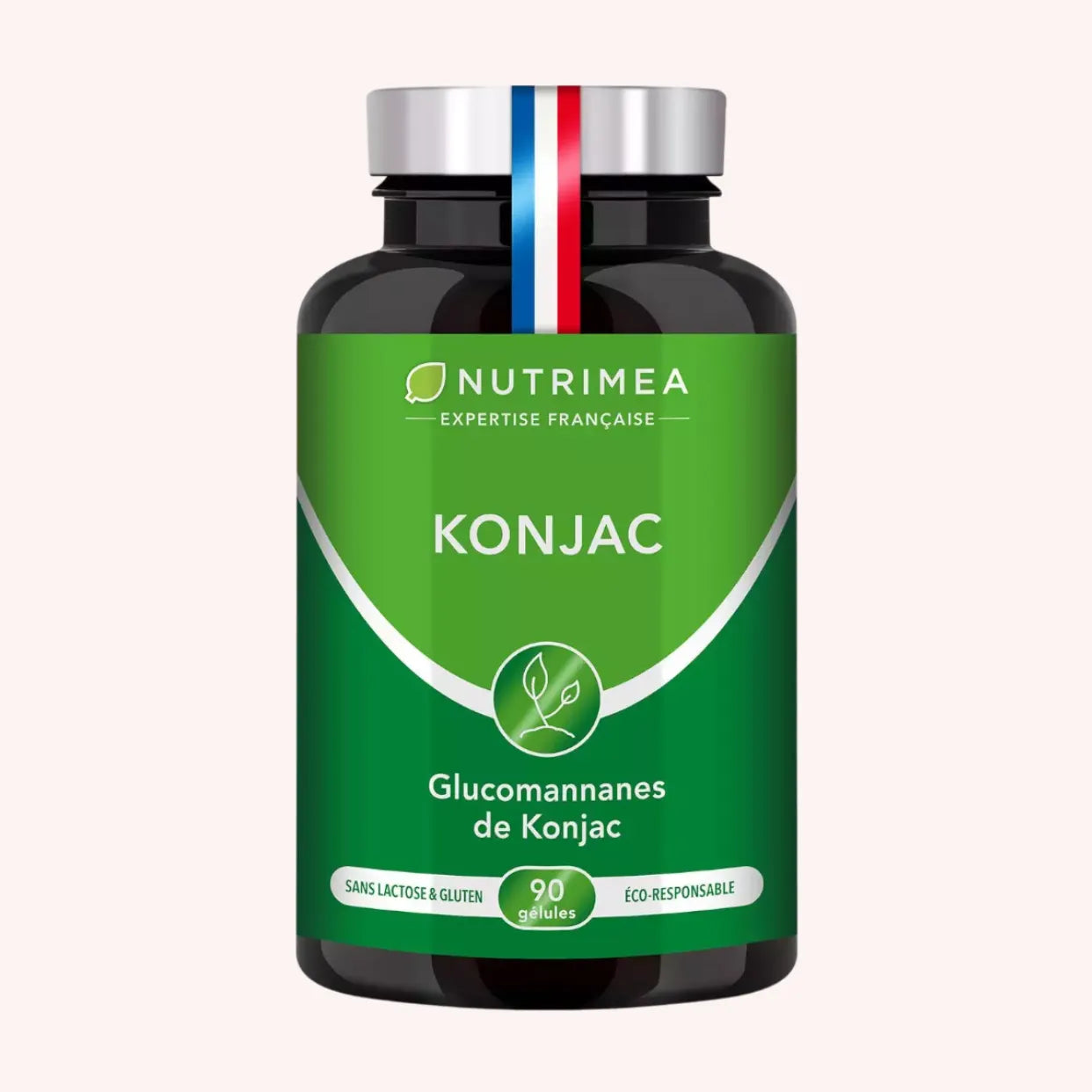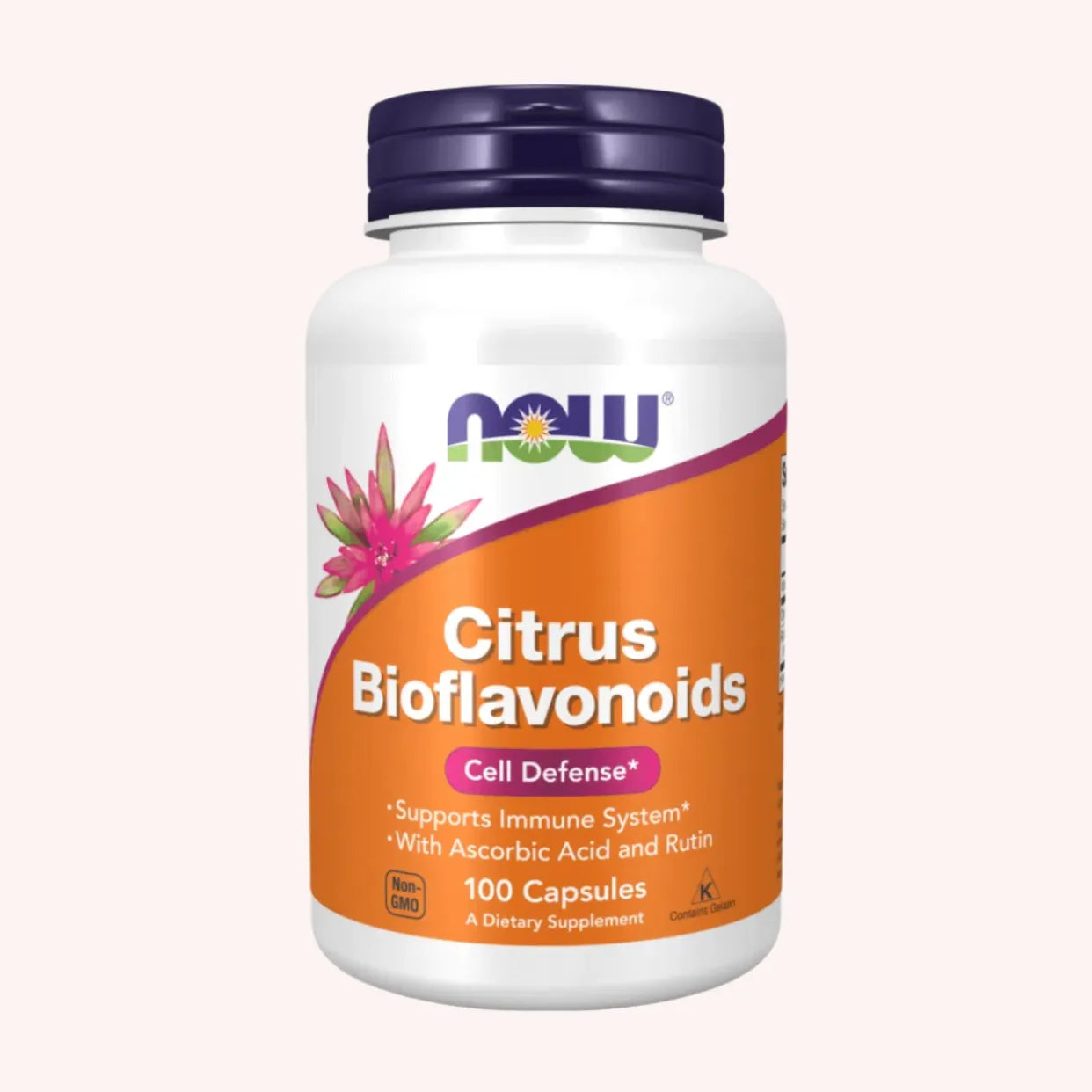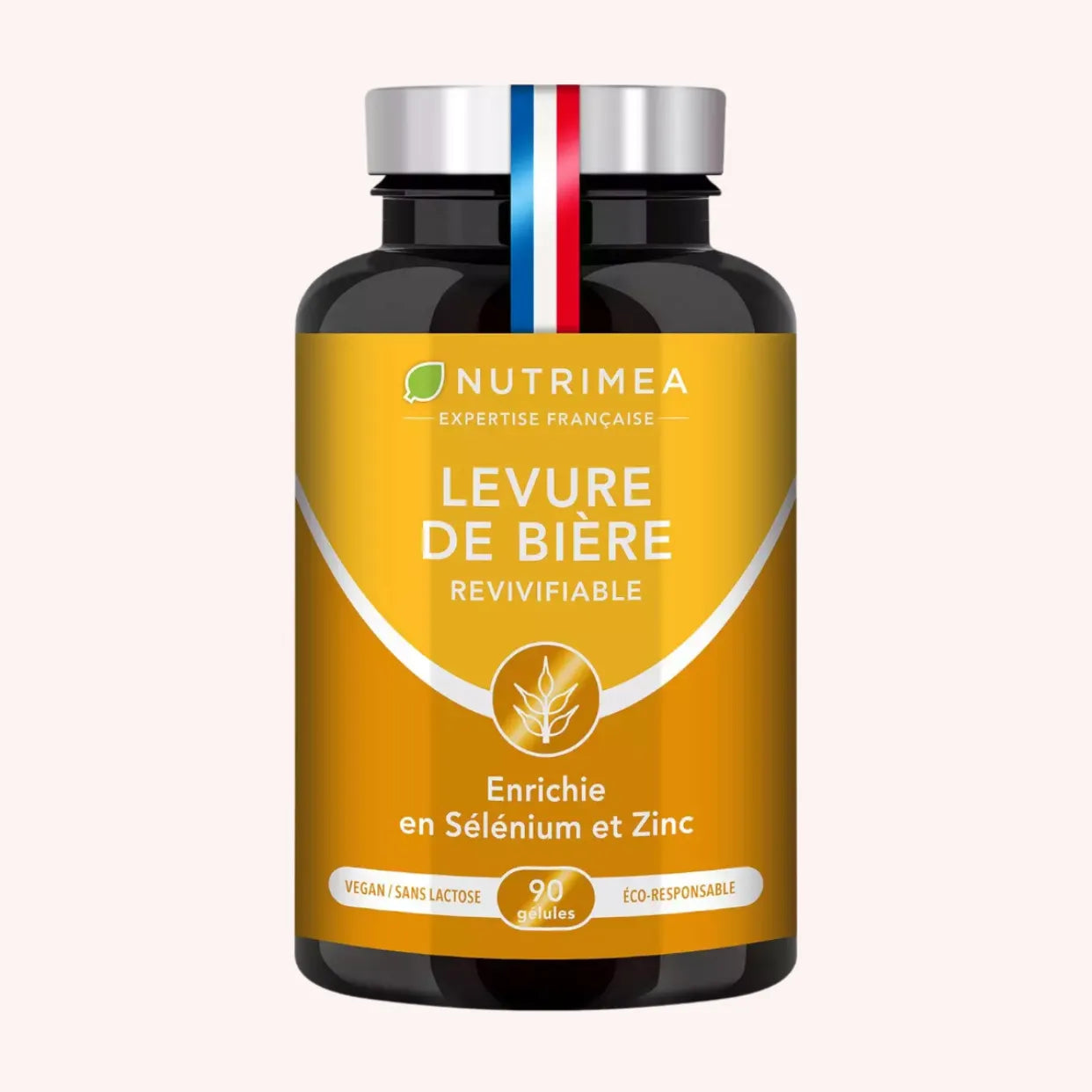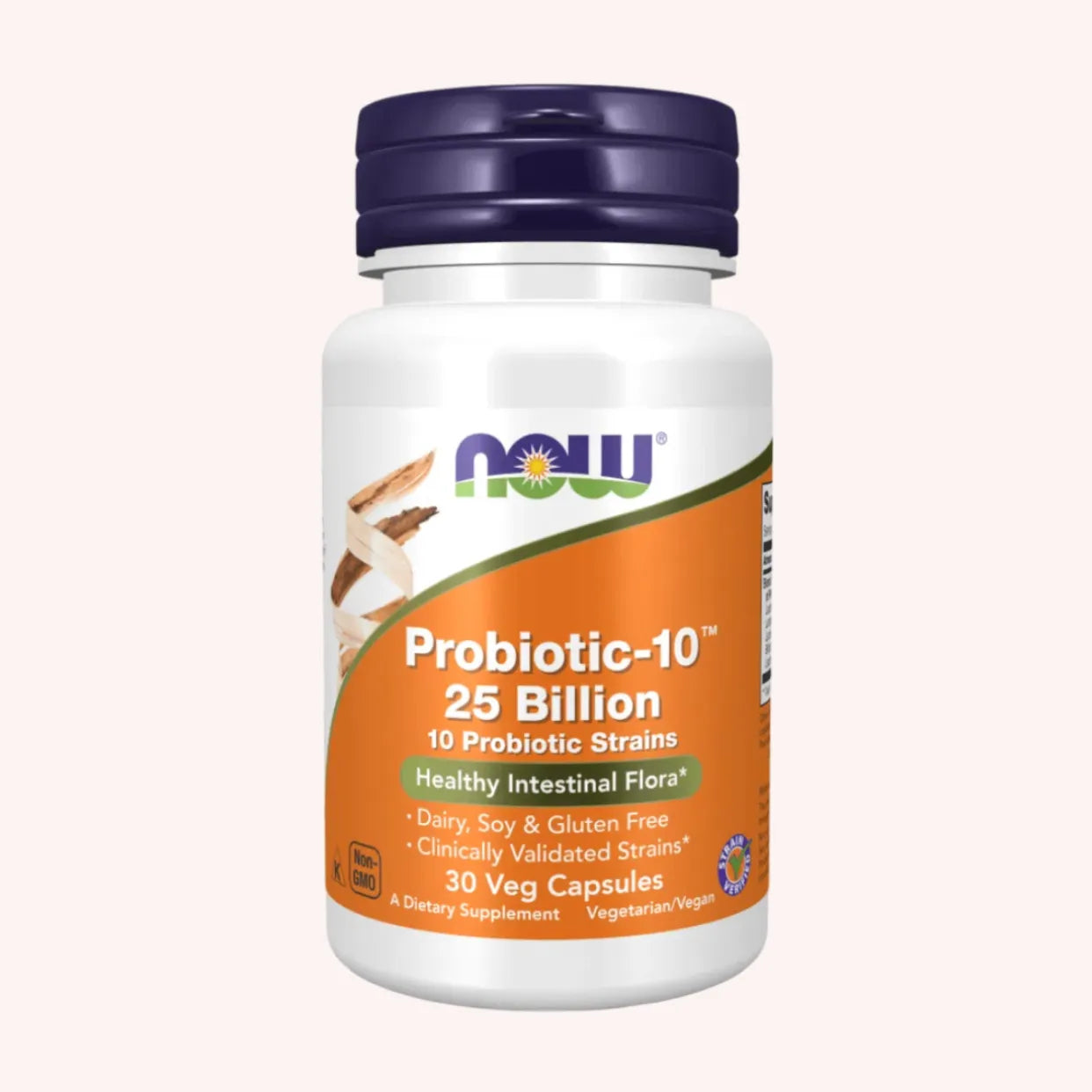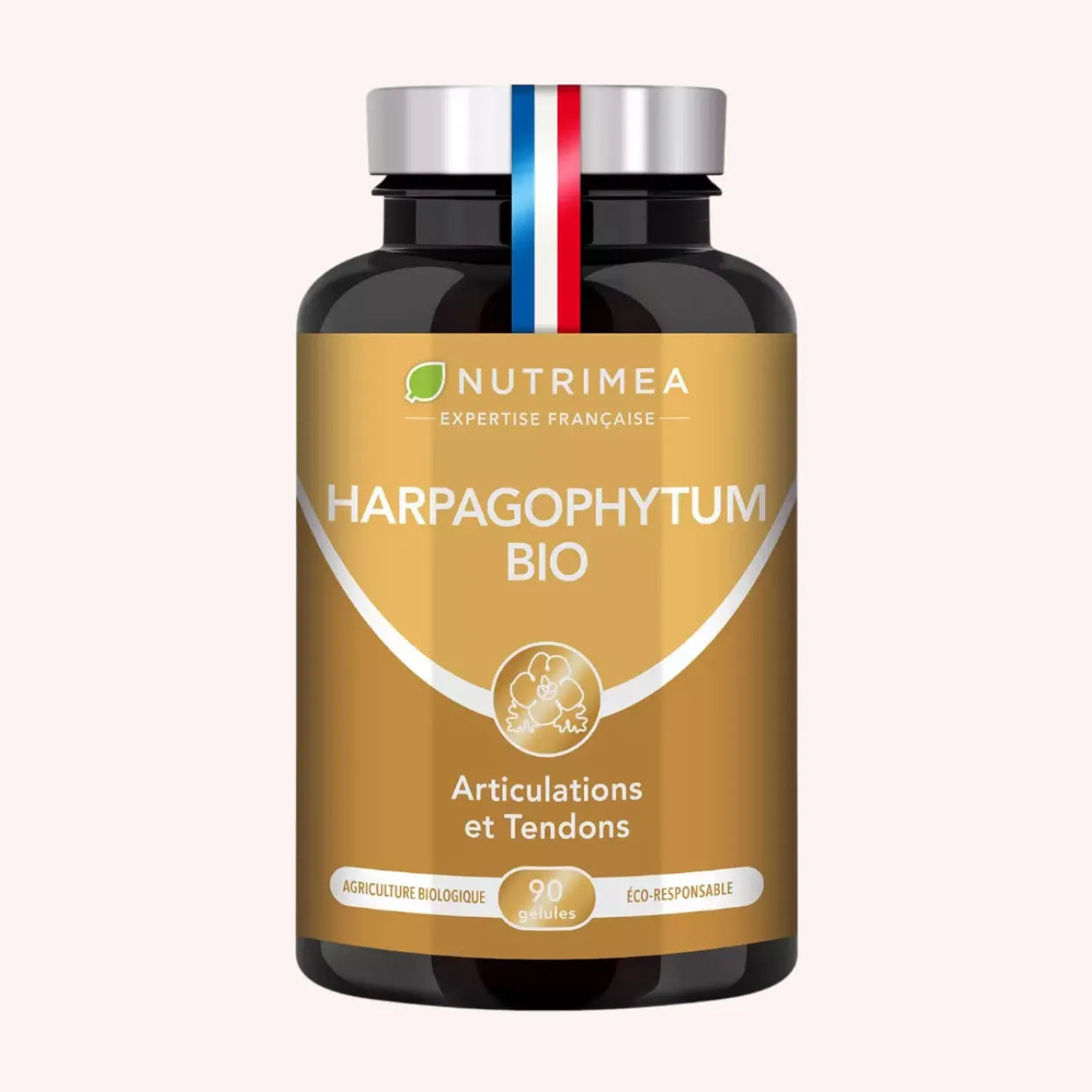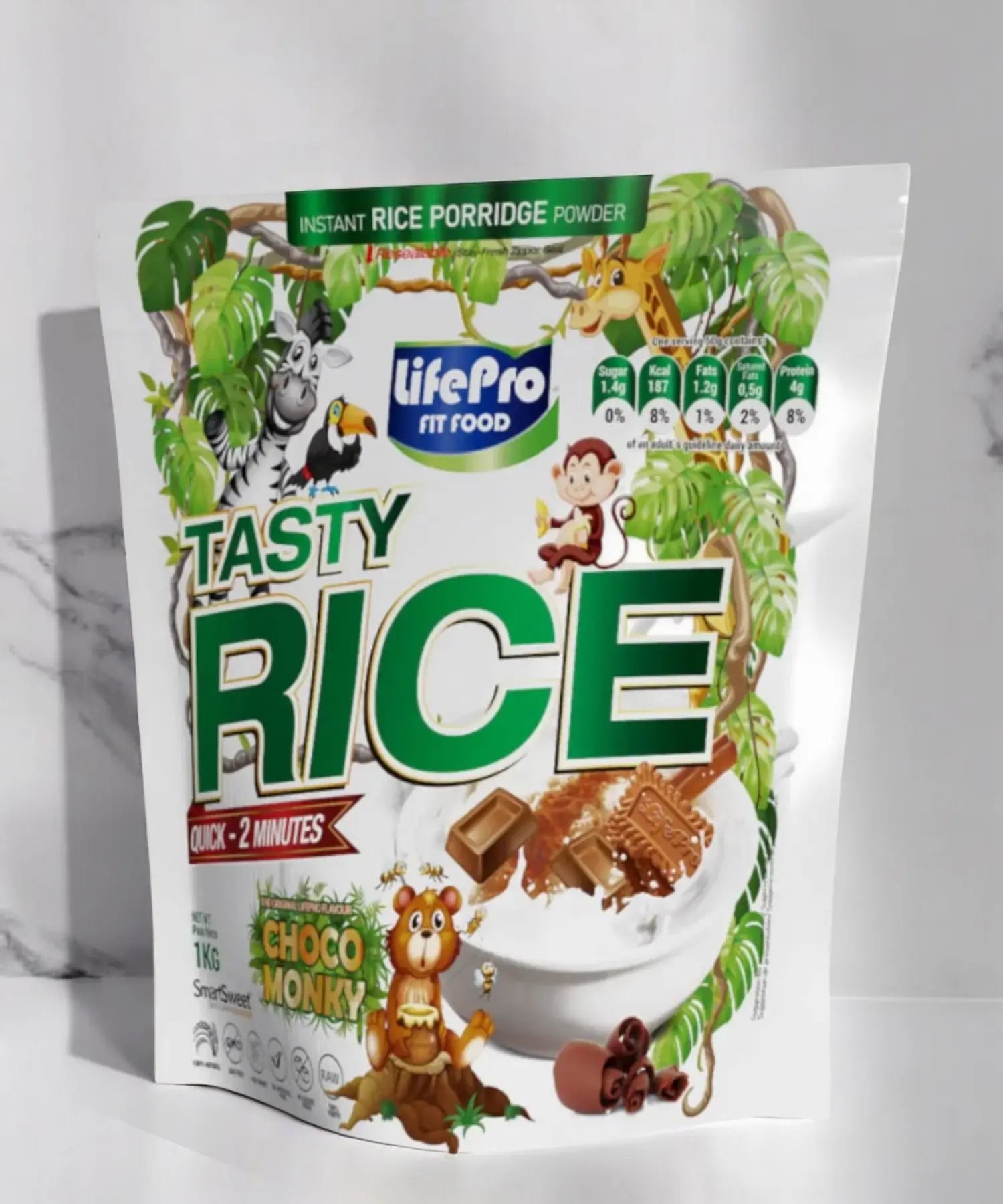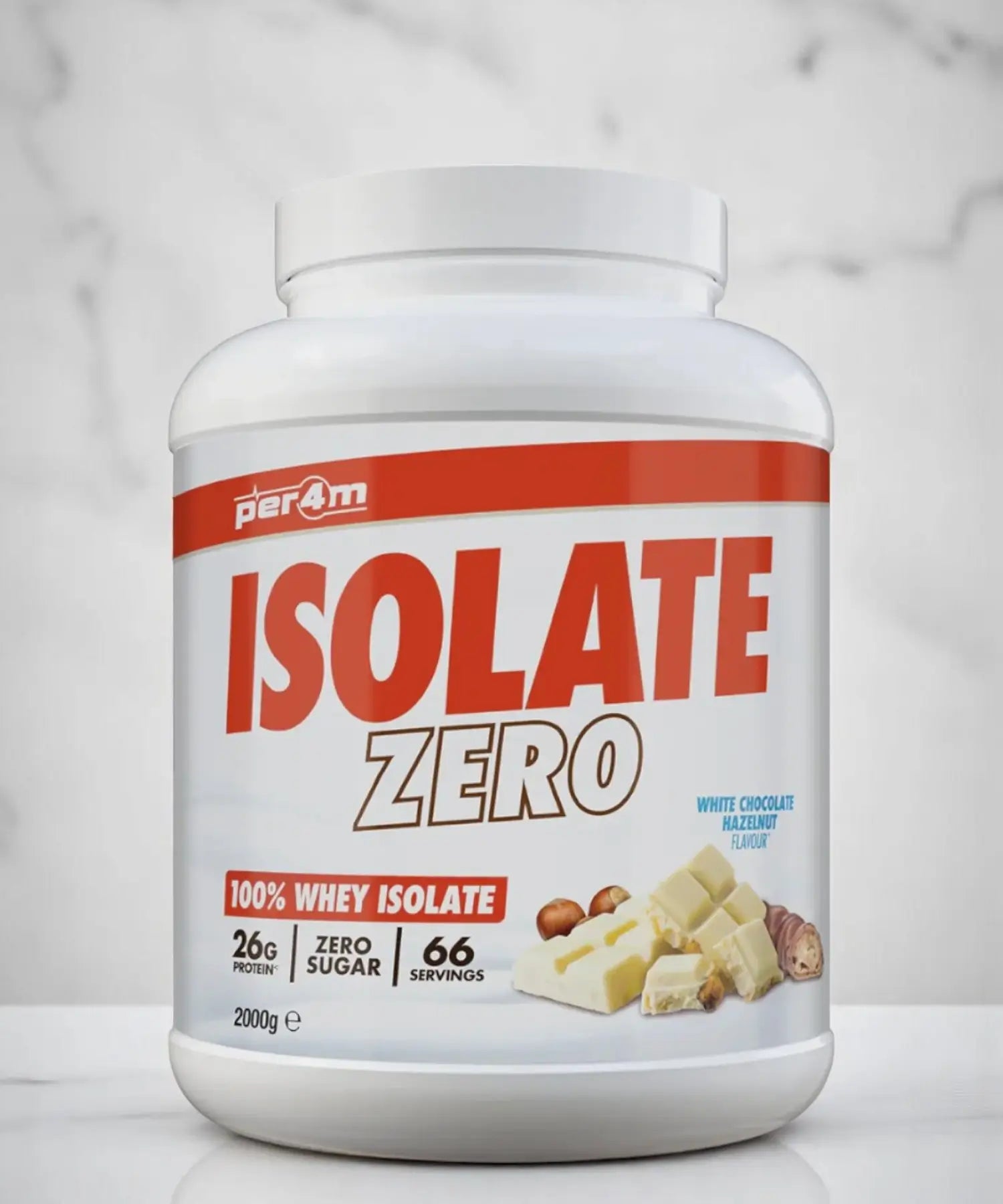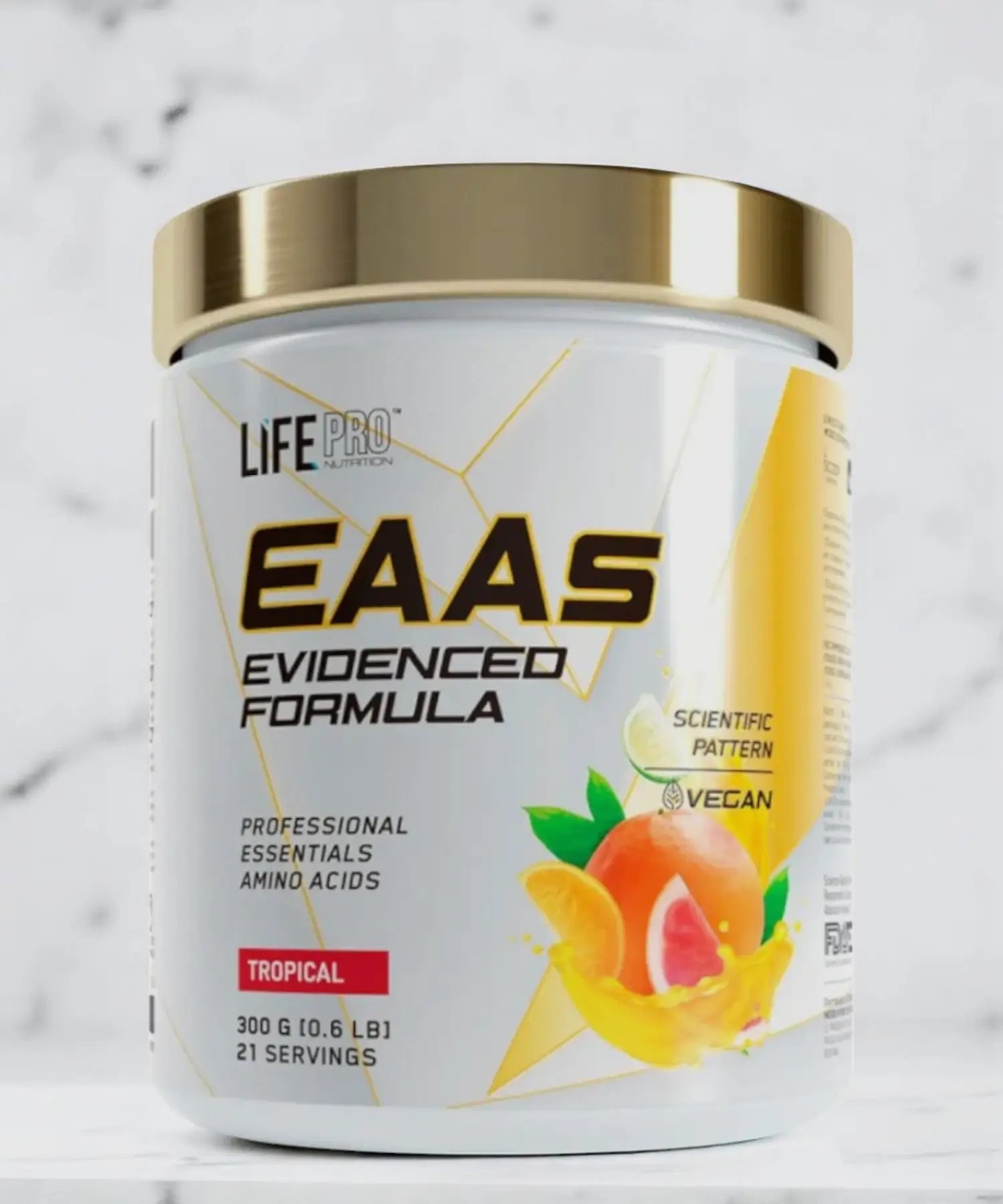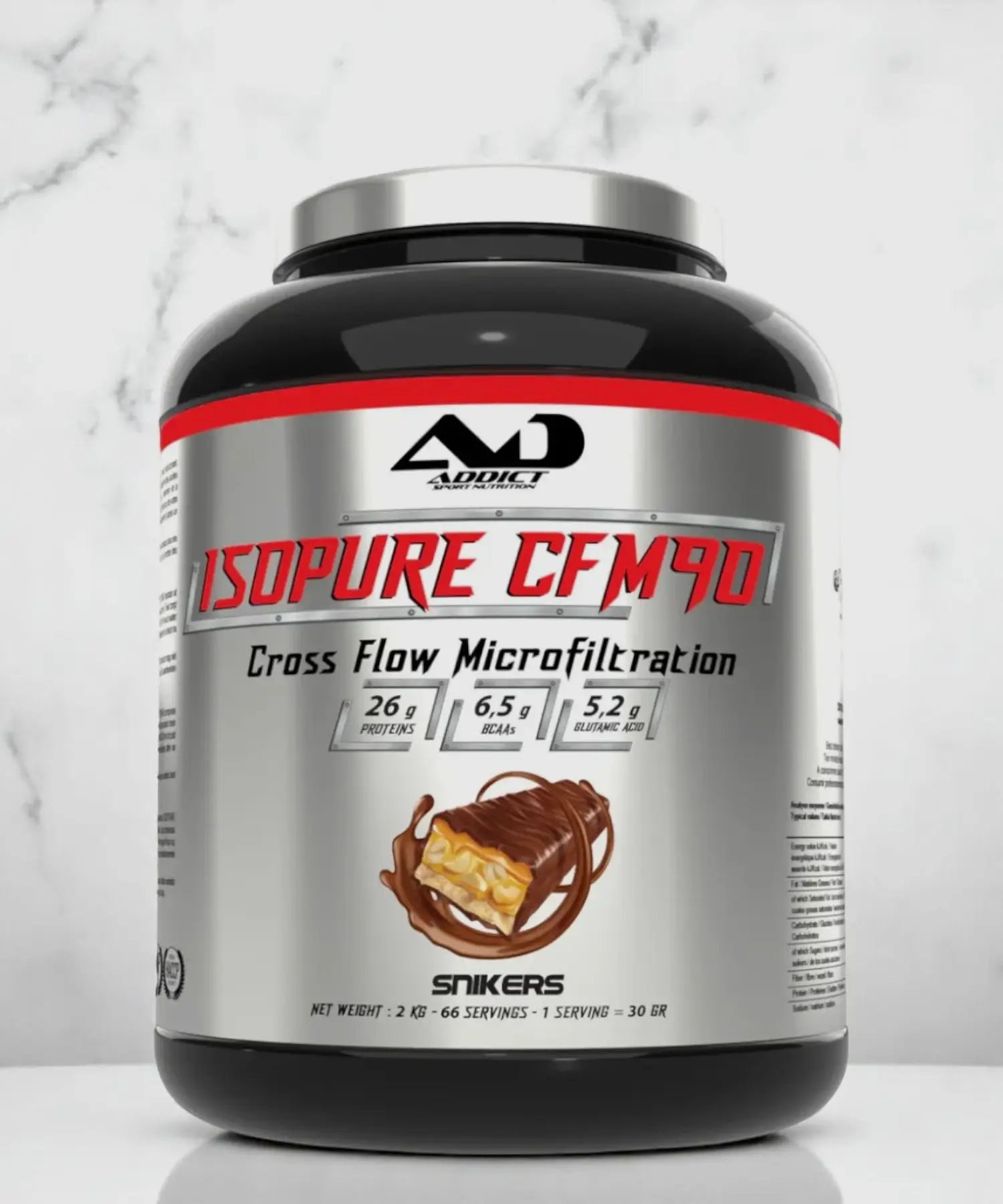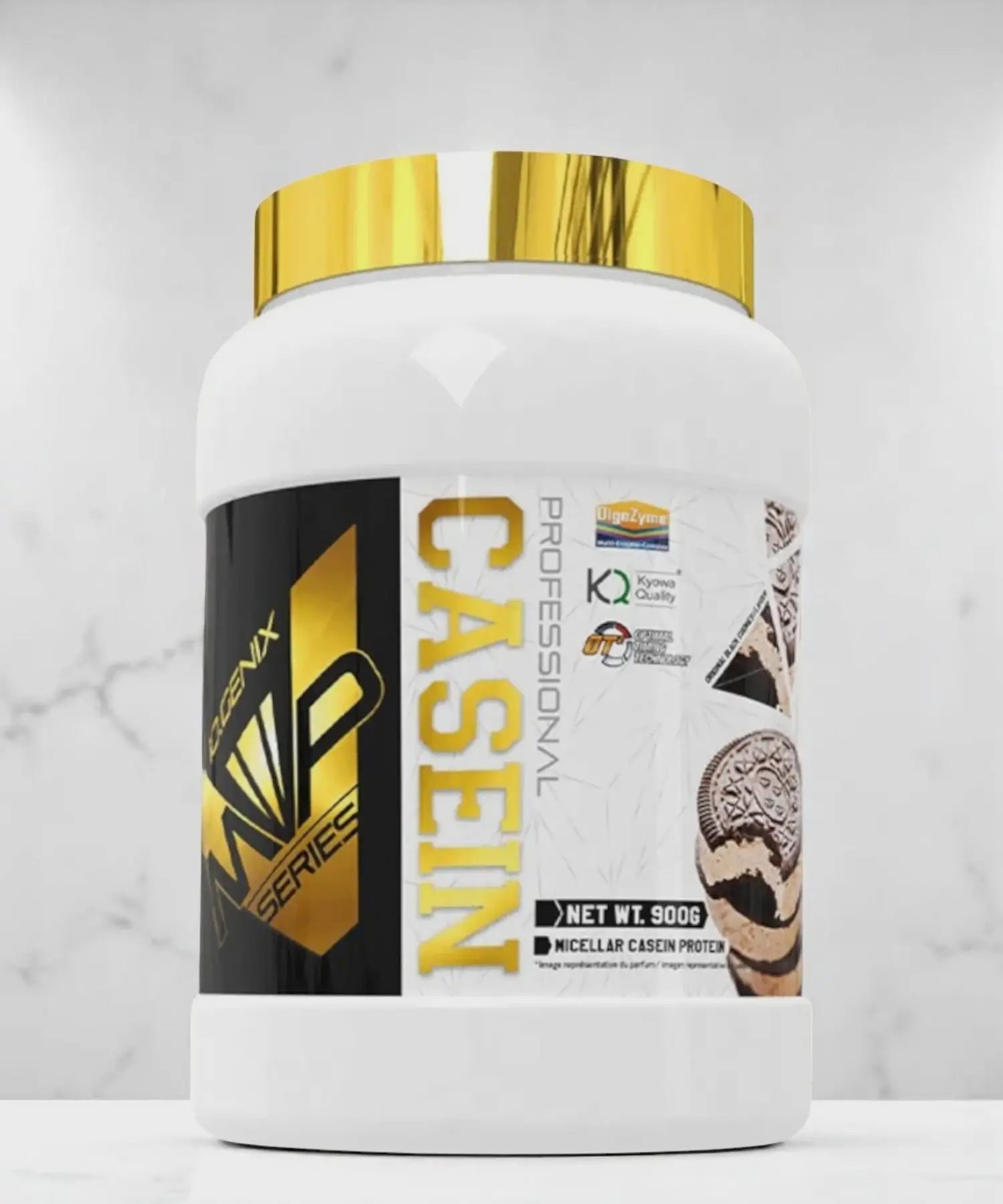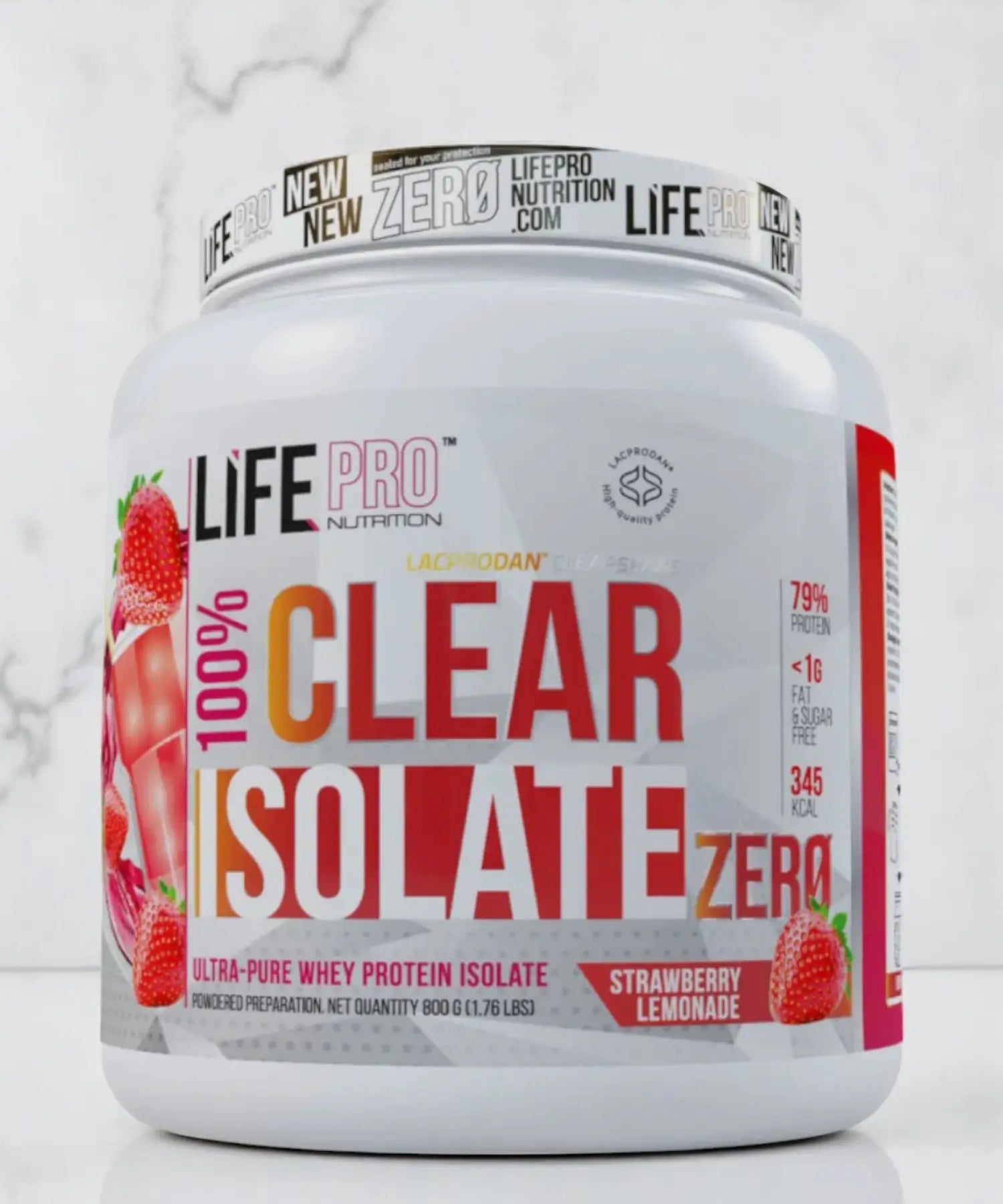19 products
Digestive disorders include a variety of unpleasant symptoms: bloating, irregular bowel movements, constipation, diarrhea, heartburn, acid reflux and feelings of heaviness, etc. For athletes, taking a digestive food supplement offers multiple benefits: Better absorption of nutrients, optimization of post-workout recovery and support for acid-base balance.
The role of intestinal flora in good digestion
The intestinal flora , also known as the gut microbiota , is a complex set of thousands of good bacteria and beneficial microorganisms present in our intestines. This flora plays a crucial role in the functioning of the digestive system, in particular by facilitating intestinal transit. It helps our body absorb nutrients and synthesize certain essential vitamins (1). It should be noted that our digestive tract is home to approximately 10 to the power of 13 microorganisms , a number equivalent to that of the cells in our body. It is so vital that it is often nicknamed our " second brain " by scientists. The intestinal microbiota also strengthens our immune system by protecting us against harmful bacteria (2). However, stress, an inadequate diet and a sedentary lifestyle can disrupt this flora, leading to various digestive disorders. To preserve the health of your intestinal flora, a digestive food supplement accompanies and supports these many beneficial mechanisms.
Athletes: Why take a digestive food supplement?
Improved nutrient absorption
Athletes need optimal nutrient intake to support energy levels, muscle repair , and recovery. Digestive enzymes and probiotics in supplements improve the breakdown of macronutrients (proteins, carbohydrates, and fats) into their essential components, such as amino acids, simple sugars, and fatty acids. This mechanism facilitates their absorption by the intestine and ensures that muscles and other tissues receive the nutrients they need to function optimally, thanks to a healthy dietary supplement .
Reduction of digestive disorders
High-protein diets , common among athletes, can sometimes cause digestive problems such as bloating, gas or a feeling of heaviness. A digestive food supplement containing specific enzymes (such as protease for proteins and lipase for fats) helps prevent these discomforts by promoting more complete and faster digestion of food, in particular by avoiding excessive fermentation in the intestine.
Support for intestinal transit
Good intestinal transit is essential for athletes, as it ensures efficient elimination of waste and toxins . Soluble fibers (often present in digestive supplements), as well as probiotics, help to better regulate transit by promoting the formation of well-hydrated stools and maintaining a balanced intestinal microbiota . With a food supplement in digestion, reduce the risk of constipation or diarrhea, which can be problematic during competitions or intensive training.
Reduction of intestinal inflammation
Intestinal inflammation can be triggered by intense physical stress, strict diets or food sensitivities, all common among athletes. A digestive food supplement containing prebiotics, probiotics and anti-inflammatory nutrients (such as zinc or omega-3 fatty acids ) can help reduce this inflammation.
Optimizing post-workout recovery
After an intense workout, the body needs nutrients to repair muscle tissue and replenish energy stores . Digestive supplements improve the efficiency of digestion, which allows for faster absorption of proteins, carbohydrates and fats needed for recovery. In addition, by reducing post-meal digestive discomfort, they allow athletes to better tolerate nutrient-rich meals needed for recovery.
Support for acid-base balance
Finally, the intensity of exercise can sometimes disrupt the body's acid-base balance, which can lead to increased acidity and digestive upset. A digestive supplement containing alkaline minerals like magnesium and calcium can help neutralize excess acidity and restore a balanced pH in the digestive system.
Which vitamins and minerals for better digestion?
Vitamin B1 (Thiamine)
Vitamin B1 is essential for carbohydrate metabolism , helping to convert food into energy. It activates digestive enzymes that break down carbohydrates into simple sugars, which then facilitate their absorption in the intestine. Proper enzyme function is crucial to avoid bloating and fermentation that can occur when carbohydrates are not properly digested.
Vitamin B6 (Pyridoxine)
Vitamin B6 is involved in the synthesis of neurotransmitters that regulate muscle contractions in the gastrointestinal tract , including serotonin. Efficient digestion depends on peristaltic movements that propel food through the digestive tract. By supporting these contractions, a digestive supplement with vitamin B6 helps prevent transit problems such as constipation or bloating.
Vitamin B12
Vitamin B12 is essential for the production of red blood cells and the proper functioning of the nervous system . In the context of digestion, it contributes to the production of hydrochloric acid (HCl) in the stomach. HCl is crucial for the breakdown of proteins and for killing potentially harmful bacteria present in food. Low levels of stomach acid can lead to incomplete digestion of proteins and promote digestive disorders such as gastroesophageal reflux.
Magnesium
Magnesium plays an important role in relaxing the muscles of the gastrointestinal tract, which simplifies the passage of food and waste. It is also involved in the activation of digestive enzymes and in the regulation of intestinal transit . A magnesium-enriched digestive food supplement prevents constipation and promotes smooth digestion.
Zinc
Zinc is an essential cofactor for many digestive enzymes, including those involved in protein digestion and intestinal tissue repair . It also promotes the production of hydrochloric acid in the stomach, which is necessary for efficient digestion. A lack of zinc can lead to digestive upset, poor nutrient absorption, and a compromised intestinal barrier, but you can help with these concerns with a zinc-rich digestive supplement .
Probiotics and vitamin D
Although vitamin D Although not directly involved in digestion, it plays a key role in supporting the gut microbiota , the "good" bacteria in the gut. Probiotics (often combined with vitamin D) also help maintain a healthy microbial balance, which is essential for efficient digestion. In fact, a balanced microbiota contributes to the breakdown of fiber, the production of certain vitamins (such as vitamin K), and the prevention of digestive disorders such as bloating or diarrhea.
Calcium
Calcium is involved in muscle contraction , including smooth muscle in the gastrointestinal tract. It helps regulate the peristaltic movements needed to move food through the digestive system . A good supply of calcium through your digestive supplement also promotes the secretion of digestive enzymes in the pancreas, which helps in the breakdown of fats and proteins.
Sources:
(1) https://www.inserm.fr/dossier/microbiote-intestinal-flore-intestinale/





